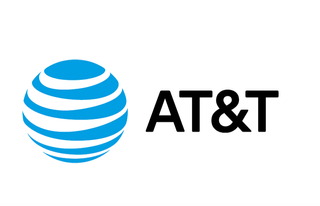AT&T: VR Among Paid Prioritization Beneficiaries

AT&T suggests that virtual reality is one of those new offerings that broadband providers should have the freedom to prioritize as they manage their networks for consumers.
That came in a blog post Tuesday (Feb. 27) by AT&T D.C. EVP Bob Quinn calling for dialog, rather than a shade-throwing contest, over this issue of paid prioritization.
Feb. 27 was a net neutrality "day of Action" as they pushed for a congressional resolution to nullify the FCC's December 2017 decision to remove the bright-line rule against paid prioritization, blocking and throttling.
As it did the last time there was an activist action day, AT&T, through Quinn, said it supported action, meaning legislation that would codify no blocking or throttling, degrading or discriminating, but that left open a conversation about paid prioritization for things like remote survey, autonomous cars, enhanced emergency communications, and virtual reality services.
Related: Stephenson Calls for Consumer Bill of Rights
He also renewed AT&T's call for a consumer bill or rights that would apply "privacy, transparency, no censorship and openness" to the edge as well as ISPs.
He said the first three were critical--" I think we can all agree that the packets directing autonomous cars, robotic surgeries or public safety communications must not drop. Ever."
Broadcasting & Cable Newsletter
The smarter way to stay on top of broadcasting and cable industry. Sign up below
And if the concern of activists is the creation of fast and slow lanes, which he said AT&T has no interest in creating--then that conversation needs to be about how to prevent that while still allowing " innovative, new real-time technologies."
He said both sides can continue to question each other's motives and "throw shade," or solve the issue through legislation "once and for all."
Most activists, and many Democrats, remain fixed on restoring the Title II designation of ISPS, which is a nonstarter for AT&T and others, including because it allowed for ex post facto rate regulation.
But others have signaled that there could be a non-Title II route if Congress clarifies the FCC's authority to prevent an endless game of legal ping pong or the political swings in net neutrality's regulatory fortunes.
Contributing editor John Eggerton has been an editor and/or writer on media regulation, legislation and policy for over four decades, including covering the FCC, FTC, Congress, the major media trade associations, and the federal courts. In addition to Multichannel News and Broadcasting + Cable, his work has appeared in Radio World, TV Technology, TV Fax, This Week in Consumer Electronics, Variety and the Encyclopedia Britannica.

